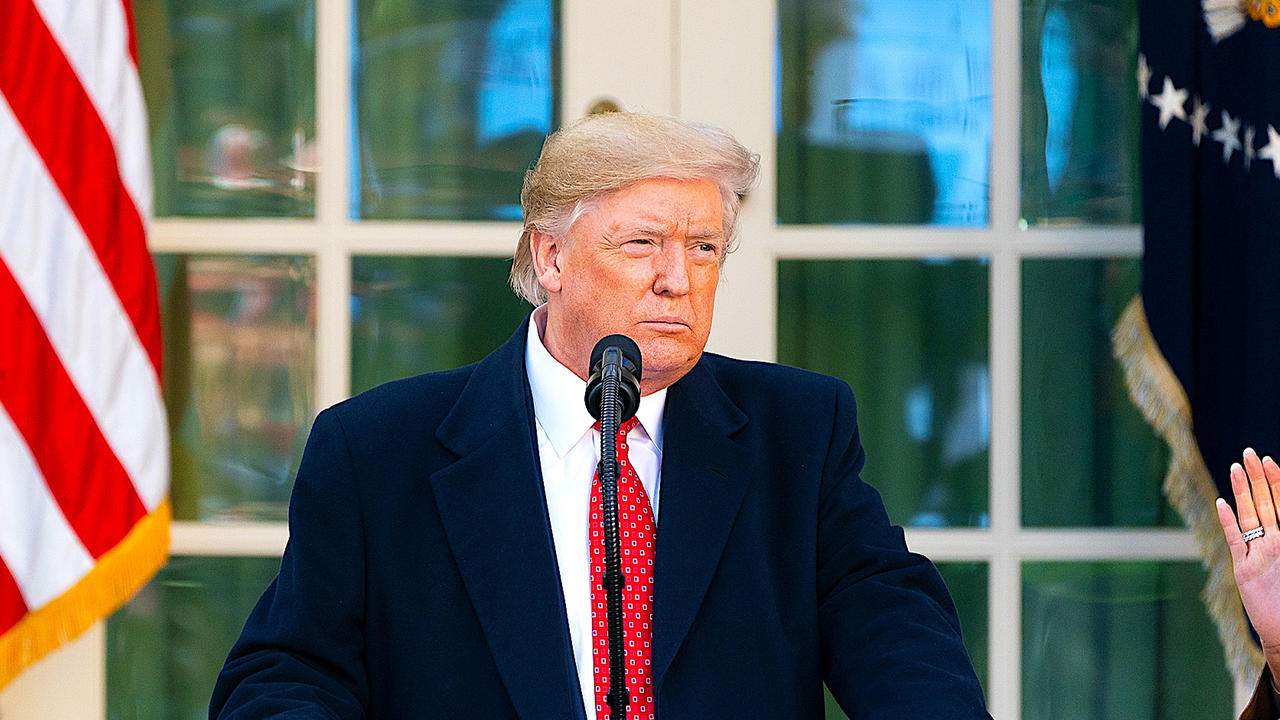Judge Cannon’s Legal Background and Qualifications

Judge cannon – Judge Aileen Cannon is a United States district judge for the Southern District of Florida. She was nominated by President Donald Trump and confirmed by the Senate in 2020.
Cannon graduated from the University of Michigan Law School in 1993. She began her legal career as a law clerk for Judge William H. Pryor Jr. of the Eleventh Circuit Court of Appeals. She then worked as an associate at the law firm of Jones Day in Washington, D.C., where she specialized in appellate litigation.
In 2003, Cannon was appointed to the Florida Third District Court of Appeal by Governor Jeb Bush. She served on the court for 17 years, and she was its chief judge from 2016 to 2018.
Cannon has a reputation for being a fair and impartial judge. She is known for her legal acumen and her ability to manage complex cases.
Areas of Expertise
Cannon has expertise in a number of areas of law, including appellate litigation, constitutional law, and criminal law.
Cannon has presided over a number of notable cases, including the case of former Florida Governor Rick Scott’s challenge to the Affordable Care Act.
Standing Within the Legal Community
Cannon is highly respected within the legal community. She is a member of the American Law Institute and the Florida Bar Association.
Cannon has been recognized for her work by a number of organizations, including the Florida Supreme Court, which awarded her the Chief Justice’s Medal of Honor in 2018.
Judge Cannon’s Rulings in the Trump-Classified Documents Case

In August 2022, the FBI executed a search warrant at former President Donald Trump’s Mar-a-Lago residence and seized several boxes of classified documents. The Justice Department is investigating whether Trump mishandled classified information by removing it from the White House when he left office.
Judge Aileen Cannon, a Trump appointee, has been overseeing the case. She has made several key rulings, including:
Appointment of a Special Master
In September 2022, Judge Cannon appointed a special master to review the documents seized from Mar-a-Lago. The special master, Judge Raymond Dearie, is a retired federal judge who will determine which documents are privileged and should be withheld from the Justice Department.
Judge Cannon’s decision to appoint a special master was controversial. Some legal experts argued that it was unnecessary and would delay the investigation. However, Judge Cannon said that the appointment of a special master was necessary to protect Trump’s due process rights.
Partial Stay of DOJ’s Review of Classified Documents
In October 2022, Judge Cannon partially stayed the Justice Department’s review of the classified documents seized from Mar-a-Lago. The stay prevents the Justice Department from using the documents in its criminal investigation until the special master has completed his review.
Judge Cannon’s decision to stay the Justice Department’s review was also controversial. Some legal experts argued that it would harm national security. However, Judge Cannon said that the stay was necessary to protect Trump’s due process rights.
Legal Basis for Judge Cannon’s Rulings
Judge Cannon’s rulings in the Trump-classified documents case have been based on her interpretation of the law and the facts of the case. She has cited several legal precedents in support of her decisions, including the Supreme Court’s decision in United States v. Nixon.
Judge Cannon’s rulings have been controversial, but they are based on her understanding of the law and the facts of the case. It is important to note that Judge Cannon is a Trump appointee, but her rulings have been based on her interpretation of the law, not on her personal or political beliefs.
Potential Implications for the Case
Judge Cannon’s rulings have had a significant impact on the Trump-classified documents case. The appointment of a special master has delayed the Justice Department’s investigation, and the partial stay of the Justice Department’s review of the classified documents has prevented the Justice Department from using the documents in its criminal investigation.
It is unclear how Judge Cannon’s rulings will ultimately affect the outcome of the case. However, her rulings have certainly made the case more complicated and have raised important questions about the limits of executive privilege and the role of the courts in criminal investigations.
Judge Cannon’s Role in the Special Master Process

In the Trump-classified documents case, Judge Cannon played a pivotal role in the appointment of a special master to review the seized documents and determine which should be withheld from the investigation.
Special Master’s Role
A special master is an independent third party appointed by the court to assist in the review of sensitive or privileged documents in legal proceedings. In this case, the special master was tasked with reviewing the documents seized from Trump’s Mar-a-Lago residence and determining which should be withheld from the investigation due to attorney-client privilege or executive privilege.
Cannon’s Involvement
Judge Cannon appointed Judge Raymond Dearie, a retired federal judge, as the special master in the case. She also established the parameters of the special master’s review, including the timeline for completing the review and the criteria for determining which documents should be withheld.
Potential Impact
The special master’s findings could have a significant impact on the case. If the special master determines that a substantial number of the seized documents are privileged, it could limit the scope of the investigation and potentially weaken the prosecution’s case.